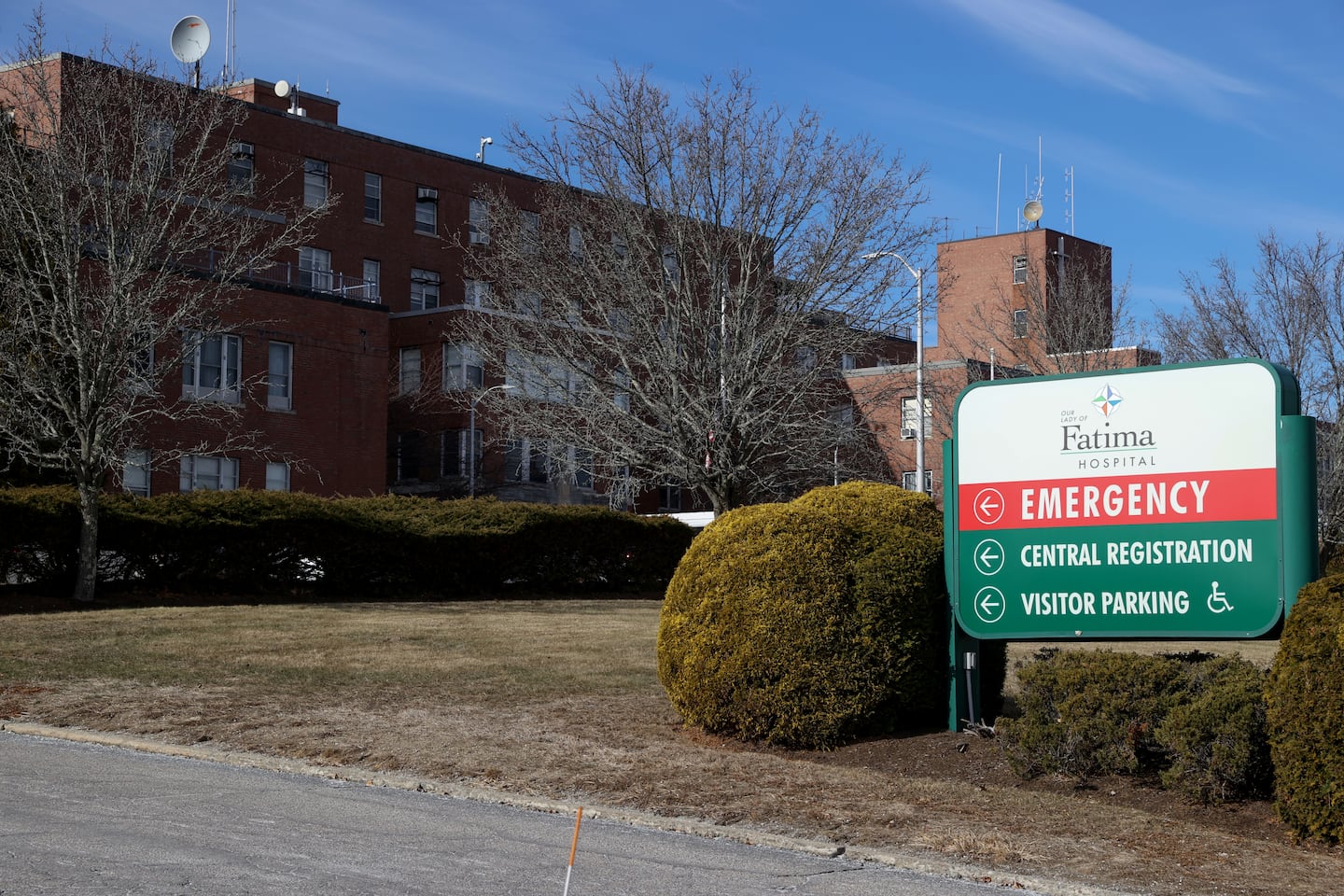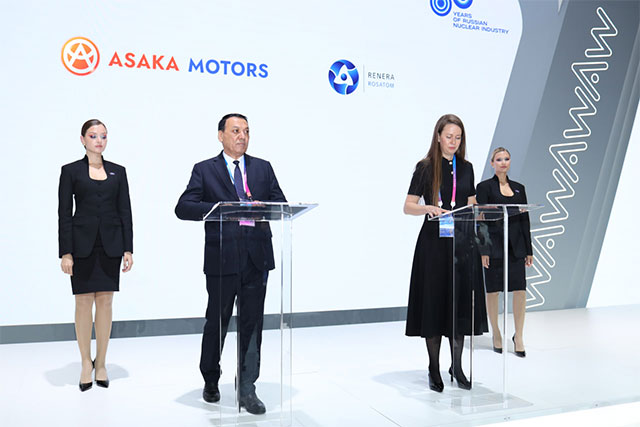
Neronha, once adamant about strict conditions to protect the hospitals’ patients and workers, as well as taxpayers, has loosened those rules four times in 15 months.
In a last-ditch effort, Neronha once again lowered the amount of cash reserves Centurion must put up at the time of closing. In June, his office required $80 million. That dropped to $45 million in August, and then $36 million in late September. Centurion had also agreed to secure up to $35 million within 90 days of closing in August, but then in September requested that provision be waived.
On Wednesday night, Centurion told the Globe that the sale remains on track.
Due to Neronha’s relaxing of his conditions “we have taken a major step forward in the financing process,” said Otis Brown, a Prospect-employed spokesman for the hospitals and for Centurion. “This decision, coupled with assistance we are discussing with state leaders and stakeholders, will allow us to move to complete the financing and sale by the end of October.”
Brown did not respond to questions about how much Centurion requested from the state, and how much the not-for-profit has raised so far. Neronha said that the state would not provide funding.
“My answer to them: you’re not getting any money out of the state,” said Neronha. “That’s not going to happen.”
Neronha had originally approved the transaction between Prospect and Centurion but imposed a strict set of 85 conditions that effectively block Prospect, a for-profit hospital chain, from profiting from the sale. Prospect filed for bankruptcy in January, and has been trying to shed its Rhode Island facilities since 2022. The company is headquartered in California and had expanded nationally before falling into a deep financial crisis.
Centurion is a largely unknown entity that has never owned or operated hospitals. If the deal is completed, it could return the two Rhode Island hospitals to non-profit status. While that idea has been embraced by union leaders and workers, they’ve also expressed concerns about Centurion’s business model and how the sale is being financed entirely through debt.
Lynn Blais, the president of United Nurses and Allied Professionals, the union that represents workers at the hospitals, previously told the Globe there was “never” a question about how important these hospitals are to the state, but that loading the hospitals with debt would not be sustainable.
“We’re not Johns Hopkins. We’re not Beth Israel Deaconess … We don’t have that kind of funding,” said Blais.
If the Centurion transaction does not close, then the hospitals will remain subject to the jurisdiction of the Texas bankruptcy court, Neronha’s spokesman Tim Rondeau told the Globe. There could be another sale option, but another entity would have to bid on the hospitals. Centurion was the only organization that came forward to purchase the hospitals when Prospect put them up for sale three years ago. It’s unclear if another viable buyer could emerge.
The fate of thousands of patients and nearly 3,000 employees in Rhode Island hang in the balance.
Last year, Massachusetts Governor Maura Healey faced a similar situation with bankrupt hospital owner Steward Health Care, and directed $700 million in incentives and taxpayer money to encourage buyers to purchase several hospitals at risk of closing.
Governor Dan McKee‘s spokeswoman Olivia Darocha told the Globe that the governor’s office recently had a meeting with hospital officials and General Assembly leadership “to explore potential strategies to help preserve these vital safety net hospitals.”
“While no final funding source has yet been identified, discussions are progressing,” said Darocha.
In a joint statement to the Globe, House Speaker K. Joseph Shekarchi and Senate President Val Lawson said they would consider “all viable options to stabilize these community providers for the long term.“
Larry Berman, a spokesman for Shekarchi, said “various forms of assistance” were under discussion, though the exact dollar request remains unclear.
“Discussions are ongoing,” said Berman.
If Centurion fails to secure its financing, the hospitals could face a receivership or closure, Neronha’s office told the Globe. That alarms other health leaders in the market.
Roger Williams Medical Center and Fatima Hospital have roughly 50,000 emergency room visits annually. Those patients would likely be directed to Rhode Island Hospital and The Miriam Hospital, which are both part of Brown University Health, formerly known as Lifespan Corp. That would create a major impact on services.
“We need them to stay open. That’s a tsunami of patients,” said John Fernandez, CEO of Brown University Health, the largest hospital owner in Rhode Island that’s been in expansion mode.
Fernandez also reiterated that he has no interest in acquiring the two safety-net hospitals.
“They’re in bad financial shape,” he said. “It won’t help us financially.”
Since 2022, Prospect has shut down one of its Pennsylvania hospitals and ceased to provide some critical services. Regulators in several states, including in Rhode Island, have been putting pressure on Prospect over its troubled finances and deteriorating conditions at its facilities. Last fall, Prospect was sued by Pennsylvania’s attorney general for “corporate looting.”
Neronha said he wants to give Centurion a chance.
“Prospect, you know, wants to close these hospitals,” said Neronha. “That’s what I’m trying to avoid.”



